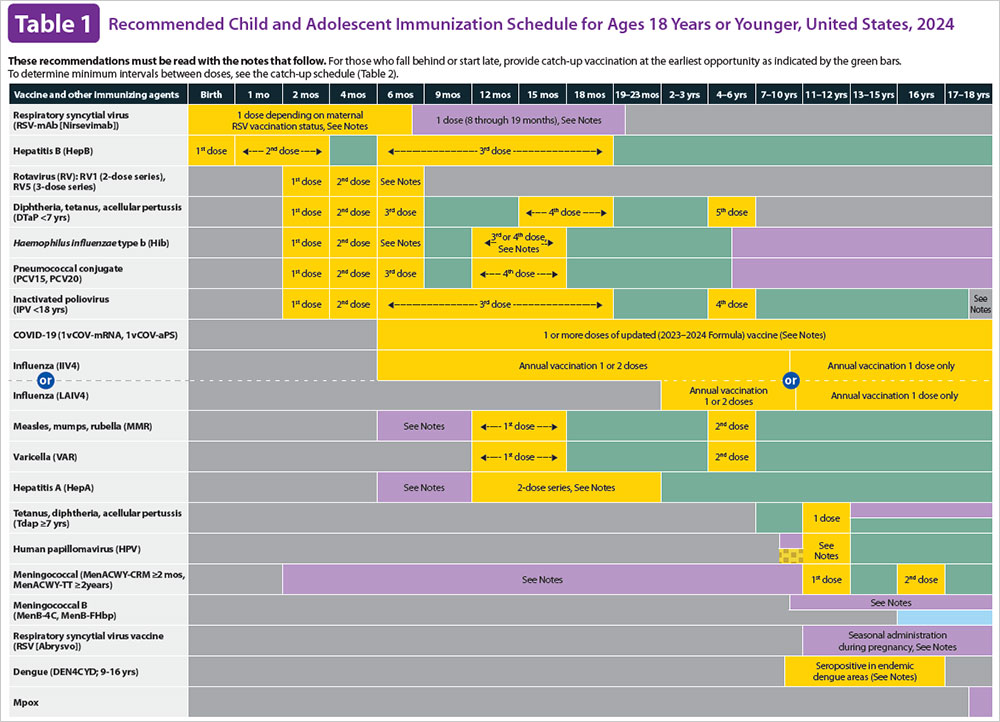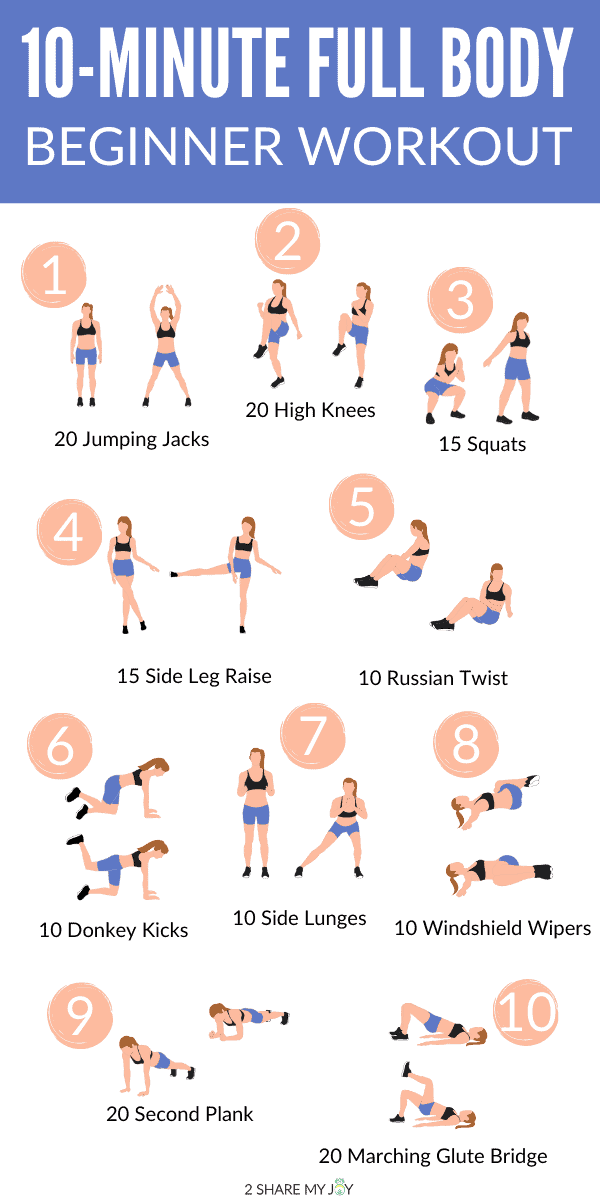Nutrition plays a crucial role in maintaining heart health. By making healthy dietary choices, individuals can reduce the risk of heart disease and improve overall cardiovascular well-being. In this article, we’ll explore the importance of nutrition in promoting heart health and provide practical tips for incorporating heart-healthy foods into your diet.

Understanding Heart Health
Heart health encompasses the well-being of the heart and its ability to function optimally in maintaining circulation throughout the body. It involves the efficient pumping of blood, ensuring that vital organs receive an adequate supply of oxygen and nutrients. When the heart is in good condition, it can effectively perform its role in supporting overall health and vitality. However, factors such as poor diet, lack of exercise, smoking, and stress can contribute to the development of cardiovascular diseases, compromising your health and increasing the risk of serious health complications.
The Importance of Nutrition
Nutrition plays a crucial role in promoting cardiovascular health by providing essential nutrients that support cardiovascular function and reduce the risk of heart disease. A balanced diet rich in fruits, vegetables, whole grains, lean proteins, and healthy fats can help maintain healthy cholesterol levels, blood pressure, and blood sugar levels. These nutrients provide antioxidants, vitamins, minerals, and fiber that support heart health and protect against inflammation and oxidative stress, which are key contributors to cardiovascular disease.
Key Nutrients for Heart Health
Several nutrients are particularly beneficial for heart health. These include omega-3 fatty acids, found in fatty fish like salmon and mackerel, which help reduce inflammation and lower the risk of heart disease. Fibre-rich foods such as fruits, vegetables, and whole grains can help lower cholesterol levels and improve heart function. Potassium, found in foods like bananas, spinach, and potatoes, helps regulate blood pressure and support heart muscle function.
Tips for a Heart-Healthy Diet
Eat Plenty of Fruits and Vegetables
Consuming at least five servings of fruits and vegetables daily provides a rich source of essential vitamins, minerals, and antioxidants. These nutrients support overall health and play a crucial role in maintaining a healthy heart. Fruits and vegetables are low in calories and high in fiber, helping to regulate cholesterol levels, blood pressure, and blood sugar. Additionally, the antioxidants found in fruits and vegetables help protect the heart from oxidative stress and inflammation, reducing the risk of cardiovascular disease.
Choose Healthy Fats
Choosing healthy fats such as olive oil, avocado, nuts, and seeds provides essential nutrients and supports heart health. These sources of healthy fats are rich in monounsaturated and polyunsaturated fats, which help lower LDL cholesterol levels and reduce the risk of heart disease. On the other hand, it’s important to limit saturated and trans fats found in fried foods, processed snacks, and baked goods. These fats can raise LDL cholesterol levels and increase the risk of heart disease when consumed in excess. By opting for healthy fats and minimizing unhealthy fats, you can improve your lipid profile and protect your cardiovascular health
Limit Sodium
Reduce your intake of sodium by avoiding processed foods, canned soups, and fast food, and opting for fresh, whole foods seasoned with herbs and spices instead.
Include Whole Grains
Choose whole grains like oats, quinoa, brown rice, and whole wheat bread, which are rich in fiber and nutrients that support heart health.
Watch Portion Sizes
Be mindful of portion sizes to avoid overeating, which can lead to weight gain and increase the risk of heart disease.
Conclusion
Nutrition plays a critical role in promoting heart health and reducing the risk of cardiovascular disease. By making informed dietary choices and prioritizing heart-healthy foods, individuals can support their cardiovascular well-being and enjoy a healthier, happier life. Incorporate a variety of nutrient-rich foods into your diet, and consult with a healthcare professional for personalized nutrition recommendations tailored to your specific needs and health goals











